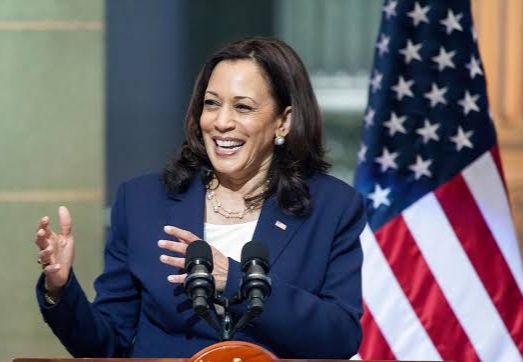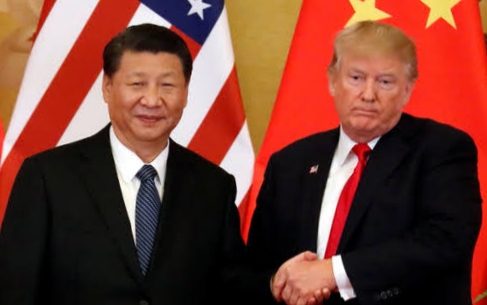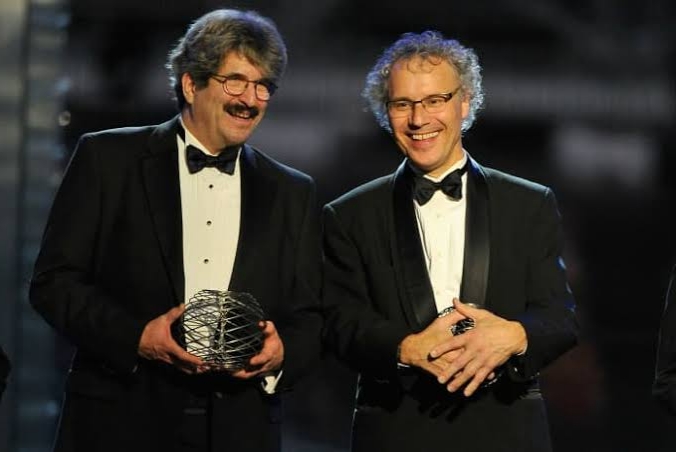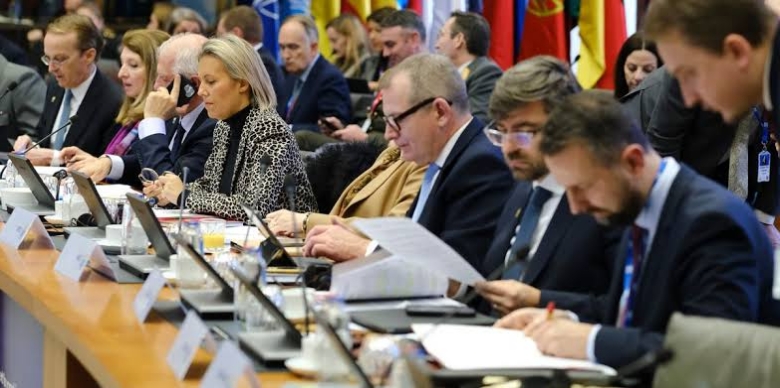INTERNEWSTIMES.COM
In a bid to solidify her economic message, Vice President Kamala Harris pledged to prioritize domestic manufacturing across various industries if elected president in November. Delivering a speech in the crucial battleground state of Pennsylvania on Wednesday, Harris positioned herself as a pragmatic capitalist committed to strengthening the middle class.
Just an hour before Harris’s address, her Republican rival, Donald Trump, unveiled his own economic agenda during a campaign stop in North Carolina. Trump touted a 15% tax break for American-made products, aiming to bolster domestic manufacturing.

Both candidates are actively campaigning in key swing states this week, presenting their contrasting visions for the US economy, a top priority for voters in the upcoming election.
Harris, in a direct response to Republican accusations of her supporting “communist” policies, declared herself “a capitalist.” “I promise you I will be pragmatic in my approach,” she asserted during an event hosted by The Economic Club of Pittsburgh.
Expanding upon her “opportunity economy” vision, Harris outlined new proposals aimed at supporting young families, first-time homebuyers, and seniors. These proposals include $100 billion in tax breaks and financial incentives. She also pledged to invest heavily in artificial intelligence, aerospace, and energy development.
However, Harris emphasized that corporations and the wealthiest Americans must contribute their “fair share” through increased tax rates. She also promised to streamline permitting processes for construction projects, eliminate college degree requirements for federal jobs, and expand union apprenticeships if elected.
“I intend to chart a new way forward and grow America’s middle class,” Harris argued, contrasting her approach with Trump’s, which she described as “only interested in making life better for himself and people like himself.”
During a subsequent interview with MSNBC, Harris criticized Trump’s tariff proposals, calling them “not very serious” and highlighting his perceived failure to effectively negotiate with China. “You don’t just throw around the idea of tariffs across the board,” she stated. “He’s just not serious about very many of these issues.”
Harris also addressed the Trump campaign’s claims that she falsely claimed to have worked at McDonald’s while a university student. “Part of the reason I even talk about having worked at McDonald’s is because there are people who work at McDonald’s in our country who are trying to raise a family,” she explained. “I worked there as a student.”
Harris’s efforts to counter Trump on economic issues come as she seeks to close the gap in voter sentiment, particularly regarding the economy. Although the race remains tight, Harris has gained a slight lead in national polls since their first debate earlier this month.
At a campaign event in Mint Hill, North Carolina, Trump defended his tariff policies, suggesting they were responsible for “people in [other] countries wanting to kill me.” He attributed his tariffs to protecting American businesses and jobs from foreign competition.
Trump reminded supporters that, as president, he spearheaded the largest corporate tax cut in US history, reducing rates from 35% to 21%. He declared that a “manufacturing renaissance” driven by a 15% tax rate for American-made products would be the cornerstone of his second term.
The economy remains a top issue for voters this November, and both candidates have embraced populist policies. Harris has even mirrored a Trump proposal to eliminate taxes on service workers’ tips.
In her MSNBC interview, Harris emphasized her belief that a strong middle class is essential for a robust US economy. “Donald Trump has a history of taking care of rich people,” she asserted. “I’m not mad at anybody for being rich, but they should pay their fair share.” She argued that Trump favors “tax cuts for the billionaires and the top corporations in our country.”
“My perspective on the economy is when you grow the middle class, America’s economy is stronger, and there’s empirical evidence to prove my point correct,” Harris concluded. (Red)



























